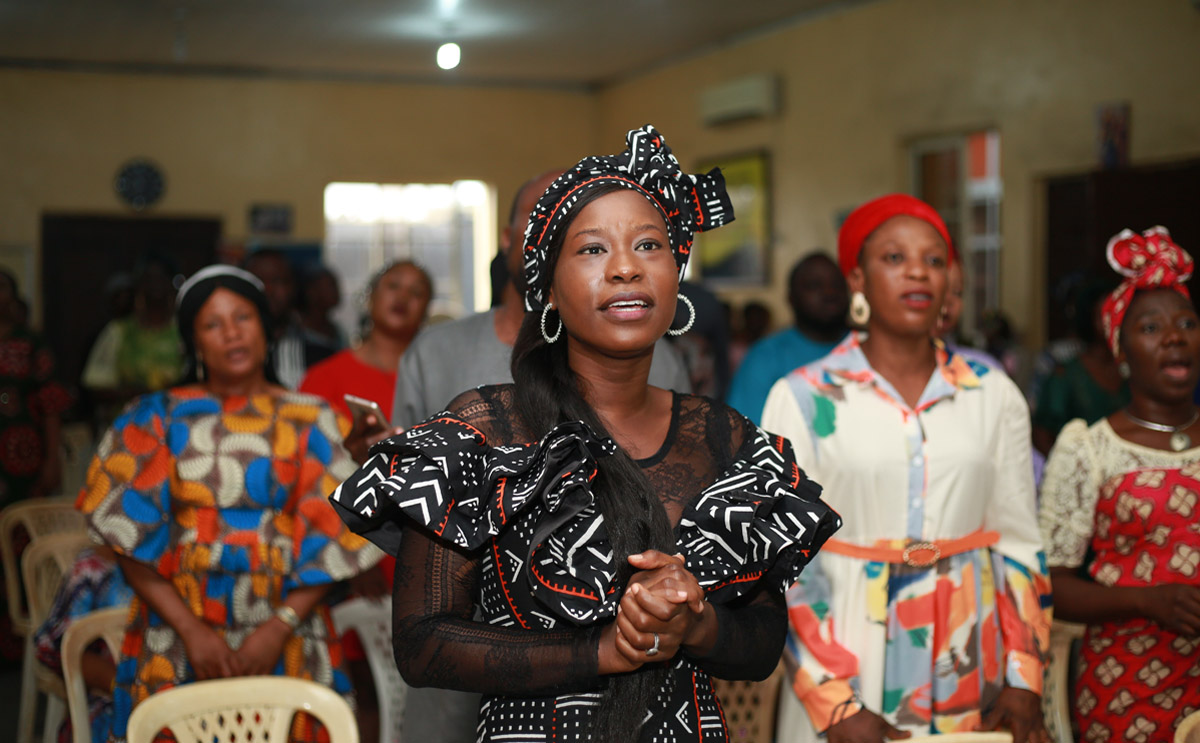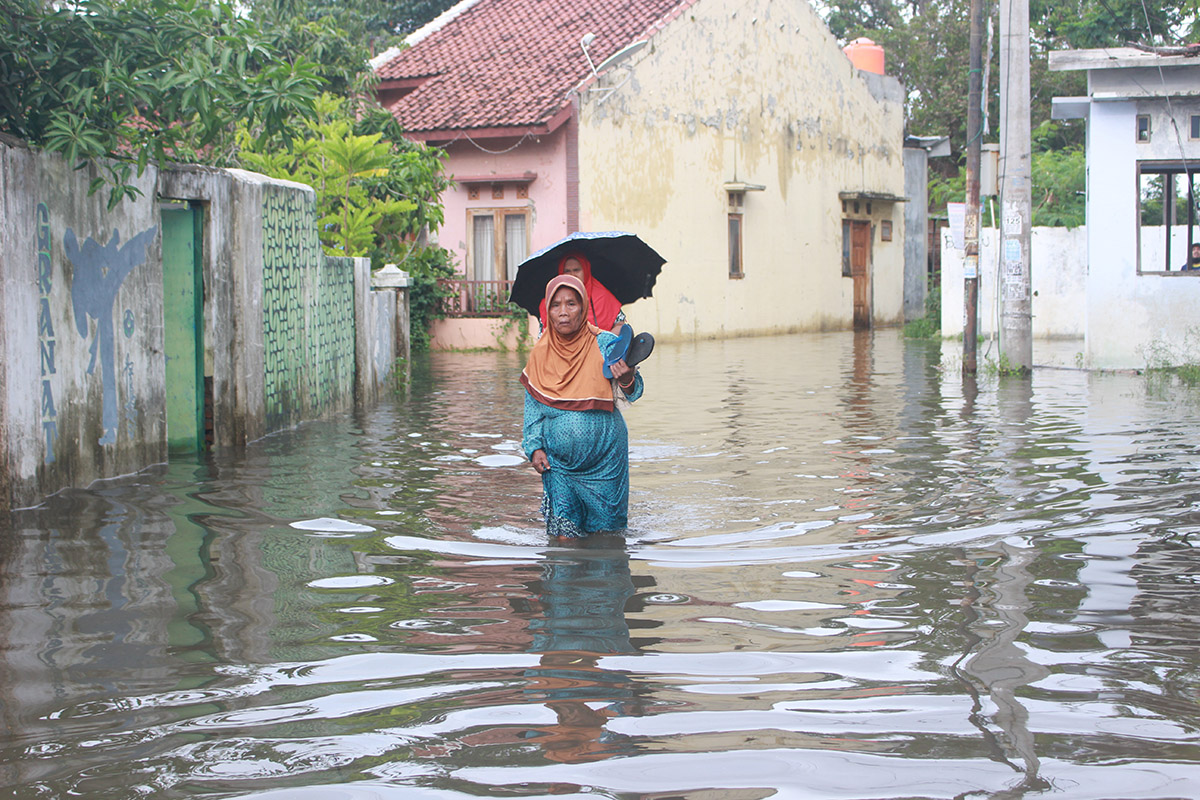Fostering Ethno-Religious Tolerance in Nigeria Amongst Youths
April 19by Victor Okechukwu Chimezie
Nigeria, with a population of over 220 million, is a highly diverse nation with more than 250 ethnic groups practicing various religions. While this diversity can be a positive attribute for any nation, it can also be detrimental to growth and development without ethno-religious tolerance.
In recent years, Nigeria has witnessed a surge in ethno-religious clashes, especially in the northern and middle belt regions.
In the year 2000 there was the Sharia Clash in Kaduna in which over 5000 persons reportedly died. In recent times, there has been an increase in ethno-religious clashes and attacks as covered by the Nigerian Atrocities Documentation Project by the Kukah Centre, which documented nearly 200 attacks on Christian communities in northern Nigeria in an eight-month period in 2022.There have also been attacks in other parts of the country, but predominantly in northern Nigeria.
This menace must be addressed as it threatens the peace and stability of the entire nation.
It is essential to reach out to young people in the country to prevent them from becoming instruments of violence. One way to do this is to encourage peace and tolerance discussions amongst youths of different tribes and religions, as well as organizing intercultural and interreligious events for them to interact with one another. Collaborating with youth organizations and the government, Civil Society Organizations (CSOs) working on peacebuilding and youth development in the nation can achieve this. The initiative must go beyond just state capitals and extend to remote areas, which are most vulnerable to being recruited, manipulated, and used for ethno-religious clashes.
Religious and ethnic group leaders, as well as youth leaders, must lead by example by living and preaching tolerance and peaceful coexistence.
International organizations interested in peacebuilding should urgently initiate projects streamlined to the grassroots to build peace and tolerance. Additionally, sustainable peace and tolerance require fairness and justice. The government must also play its part to uphold the pillars of positive peace. The government must ensure a fair justice system and equitable distribution of resources, create an environment that promotes peaceful coexistence, enforce laws to guarantee freedom and basic human rights, and provide employment opportunities. Such an environment would make it difficult for ethno-religious intolerance to thrive.
Religious and ethnic group leaders, as well as youth leaders, must lead by example by living and preaching tolerance and peaceful coexistence. They must ensure their followers tolerate those with opposing beliefs and views and make it a lifestyle for everyone. They must also tackle fake news, hate speeches, misinformation, and disinformation immediately to prevent crises.
When there is tolerance and peaceful coexistence among youths and everyone, sustainable development becomes achievable. It is time for the government, international organizations, religious and ethnic group leaders, and youth leaders to prioritize fostering ethno-religious tolerance in Nigeria amongst youths for a peaceful and prosperous nation.






